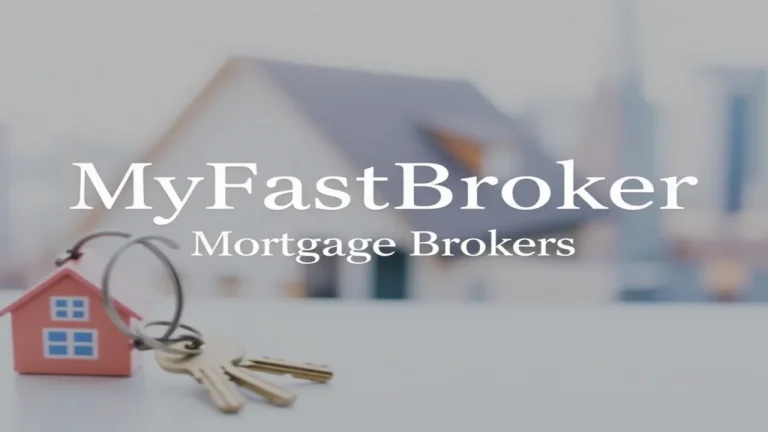Moving Up: What You Need to Know Before Starting a Moving Business
Starting a moving company can be a lucrative and rewarding business venture, but like any business, it requires careful planning, hard work, and attention to detail. The moving industry is always in demand, as people relocate for jobs, personal reasons, or to start new chapters in their lives. If you’ve been thinking about starting your own moving company, it’s essential to understand the key steps to ensure your business runs smoothly and stays competitive in this growing market. Here’s a guide on what you need to know before starting a moving business.
1. Research the Market and Develop a Business Plan
Before you dive in, conducting thorough market research is essential. Understand the local moving market, your potential customers, and your competition. Are there already plenty of moving companies in your area, or is there a gap in the market? By identifying market trends, you can tailor your business to meet the specific needs of your target audience.
Once you’ve researched the market, the next step is to create a solid business plan. Your business plan will outline your goals, services, target customers, pricing strategies, marketing plan, and financial projections. A well-thought-out plan can help you stay on track and secure funding if needed. Here are some key elements to include in your business plan:
- Mission Statement: What sets your moving company apart from others?
- Services: Will you offer residential moving, commercial moving, or both?
- Target Market: Are you focusing on local or long-distance moves? What type of customers will you cater to (e.g., families, students, businesses)?
- Financial Plan: Consider startup costs, equipment needs, and projected income.
2. Legal Requirements and Permits
Starting a moving business requires compliance with local and state regulations. It’s important to obtain the necessary licenses, insurance, and permits to operate legally. The specifics will vary depending on your location, but here are some general requirements to keep in mind:
- Business License: Most cities and states require a business license to operate legally.
- Moving Company Insurance: Insurance is critical to protect your business and customers. This includes general liability, vehicle insurance, workers’ compensation, and cargo insurance to cover damages or loss during the move.
- Federal and State Licensing: If you plan on offering long-distance moving services, you’ll need to apply for a federal motor carrier license from the Federal Motor Carrier Safety Administration (FMCSA). Local and state licensing may also apply, so check with your local department of transportation.
- Tax Identification Number (TIN): Register for a TIN with the IRS for tax purposes.
3. Choose Your Niche
The moving industry is vast, with different types of services to offer. Deciding on your niche early on can help you stand out and build your brand. You might choose from several options:
- Residential Moves: Moving individuals or families to new homes or apartments.
- Commercial Moves: Helping businesses relocate office spaces, stores, or warehouses.
- Specialized Moves: This includes moving items like antiques, pianos, or artwork that require special handling.
- Long-Distance or Local Moves: Depending on the scale of your business, you can focus on short local moves or offer long-distance services as well.
By narrowing down your niche, you can refine your services, focus your marketing efforts, and attract the right customers.
4. Equipment and Vehicles
One of the biggest expenses when starting a moving company is acquiring the proper equipment. The type of equipment you need will depend on the services you plan to offer. Here’s a list of essential equipment:
- Moving Trucks and Enclosed Trailers: It’s essential to have reliable, well-maintained vehicles that match the scale of the moves you’ll be handling. In Utah, consider opting for trucks with ample space to fit large furniture and appliances, and don’t forget about investing in an enclosed trailer. This extra option provides additional security and protection for valuable items during transport, especially for long-distance moves or when handling sensitive goods.
- Moving Equipment: Invest in tools like dollies, hand trucks, moving blankets, straps, and packing materials to ensure safe and efficient moves.
- Storage Units (Optional): If you plan on offering storage services, secure storage units will be needed.
Remember, your vehicles and equipment are not only important for the logistics of the move but also for branding. Clean, professional-looking trucks with your company logo can enhance your business’s credibility.
5. Hiring and Training Employees
Your team will be crucial to the success of your moving company. The right employees can make all the difference in delivering a positive customer experience. When hiring, consider the following:
- Experience: Look for individuals with experience in moving or similar manual labor jobs. They should be familiar with moving techniques, proper lifting practices, and safety protocols.
- Customer Service Skills: Since moving is a stressful time for many people, having employees who are polite, reliable, and good communicators is essential.
- Training: Provide your team with ongoing training. This should cover safety protocols, packing techniques, and customer service. Proper training ensures that your business maintains a high level of professionalism.
6. Marketing and Building Your Brand
In a competitive industry, marketing is key to attracting customers. Start by creating a strong brand identity that resonates with your target audience. This includes:
- Logo and Branding: A memorable logo and consistent branding will help establish your company’s identity.
- Online Presence: Create a website and ensure you’re active on social media platforms. Many customers search for moving companies online, so having an informative, user-friendly website is essential.
- Local Advertising: Invest in local advertising, such as flyers, local newspapers, and Google Ads, to increase visibility.
- Customer Reviews and Referrals: Word-of-mouth referrals and positive customer reviews can significantly boost your business. Encourage satisfied customers to leave reviews on your website or platforms like Yelp.
7. Financial Planning and Budgeting
Starting a moving business involves significant upfront costs, such as purchasing trucks, insurance, and moving equipment. Additionally, you’ll need funds for operational expenses, such as salaries, fuel, marketing, and permits. Be sure to:
- Track Your Expenses: Keep a detailed record of all expenses to stay on top of your budget.
- Set Realistic Pricing: Research competitors to establish competitive and profitable pricing.
- Secure Funding: Consider options for securing startup funding, such as personal savings, loans, or small business grants.
Final Thoughts
Starting a moving company involves planning, investing in the right equipment, adhering to legal requirements, and developing effective marketing strategies. However, with the right approach, it can be an incredibly rewarding business that serves an essential need. By focusing on providing excellent customer service, maintaining a reliable fleet, and building a trusted brand, you can carve a successful niche in the moving industry and watch your business grow.







